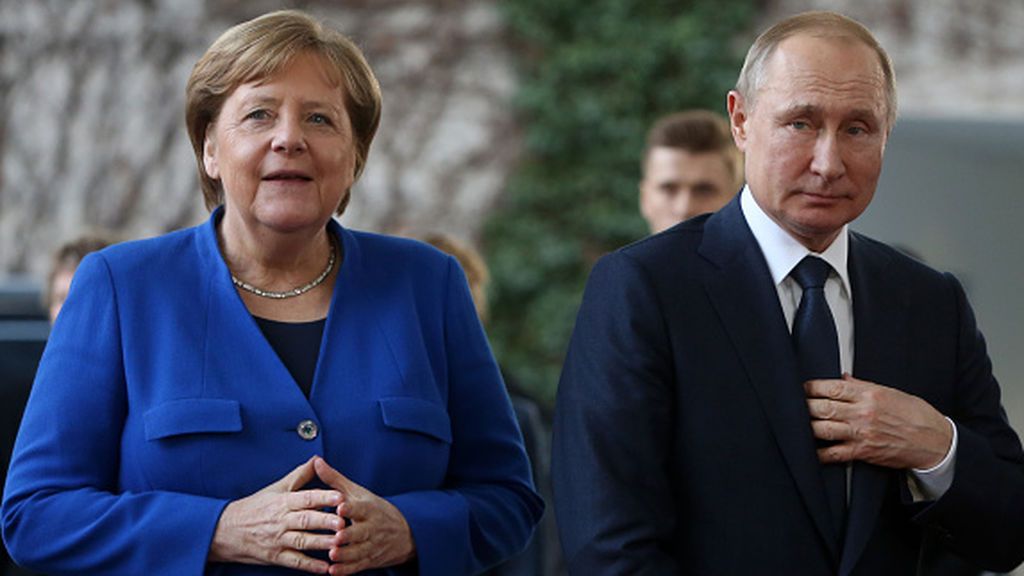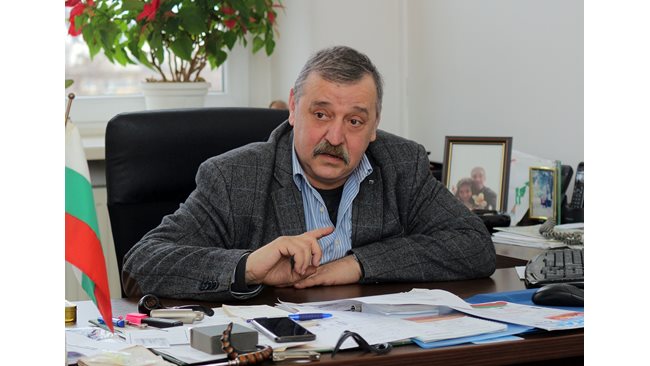Berlin maintains its traditional policy of maintaining the best possible relations with Moscow
–
Josep Borrell is going to go crazy. After the last row about his visit to Russia crowned with tumultuous press conference with the Russian Foreign Minister Serguei Lavrov, After the imprisonment of Alexei Navalny and the approval of more European sanctions on Moscow, the German government wants the European Union to get closer to Russia.
–
A document from German diplomacy, which NIUS was able to confirm with Spanish diplomatic sources, and that it was prepared to serve as a debate guide at the next European summit -25 and 26 March-, calls on the Union to “develop a concrete and detailed strategy” with which to “selectively engage” with Russia. That “selectively” is the key. Berlin won’t stop Brussels from passing sanctions on Moscow every time the Russians step out of the pot, but he wants to keep those sanctions away from the usual relationships on other matters.
–
German foreign policy tradition
Germany has had the idea for decades that it is in its strategic interests to keep Russia as close as possible and make it dependent on Berlin and the rest of Europe. Hence, I bet, for example, on the gas pipeline Nordstream II. Berlin estimates that a Russia that needs Europe to complete its budget – through the sale of hydrocarbons, its main source of foreign exchange – will always be better than a Russia that does not need Europe at all and therefore has nothing to lose from the deterioration of relations.
–
That policy, the ‘OstPolitik’, was born at the end of the 60s by the hand of the Social Democratic Chancellor Willy Brandty from your advisor Egon Bahr, ideologue of the rapprochement of the then West Germany to Poland and especially to the Soviet Union.
–
The German diplomacy document assures: “Although a fundamental change in Russian foreign policy may seem unrealistic in the short term, managing our relationship with Russia must be a priority of the foreign policy of the European Union.” Also that “the Union has to take advantage of the opportunities to push Russia to be more responsible in security, conflict resolution, climate, environment, health, trade or migration ”.
–
Russia “indispensable”
Berlin considers, according to this document, that Russia is “indispensable” for Europe even though it is “frequently difficult”. And that the European Union has “a vital interest” in maintaining stable and predictable relations. The document, a “non paper” (as Brussels reports without legal value intended solely to serve as a basis for debate), was advanced last week by the ‘Financial Times’ newspaper.
–
The German ‘non-paper’ is expected to find support in countries that want to maintain relations as least disruptive as possible with Russia (like France, Italy, Spain and especially Hungary, Cyprus or Greece) but strong opposition from those who see Russia as a threat, especially in Estonia, Latvia, Lithuania, Poland or Romania.
–
Those countries consider it unrealistic or unwise to try to improve relations with Russia because they believe that in this way Russia only sees European weakness. They think that the best way to manage relationships is through firm sanctions. Those governments will like the reference that the document makes to coordinating European relations with Russia with the United States.
–
The German document does not spare Russia criticism for its violations of international law, political repression, persecution of dissidents as Navalny or his hoax and propaganda companies in Europe. Nor does it avoid blaming Moscow for cyberattacks, such as the one the Bundestag suffered. But he understands that the difficulty in the relationship must be managed because in many matters it is necessary to speak with Russia.
–
One of the points that stands out the most is the fight against climate change. He says the European Union must develop a strategy “to engage Russia in multilateral efforts to fight climate change.” The German text believes that concern about climate change is growing among the Russian population and that will soon be reflected in the priorities of the government of Vladimir Putin.
— .


